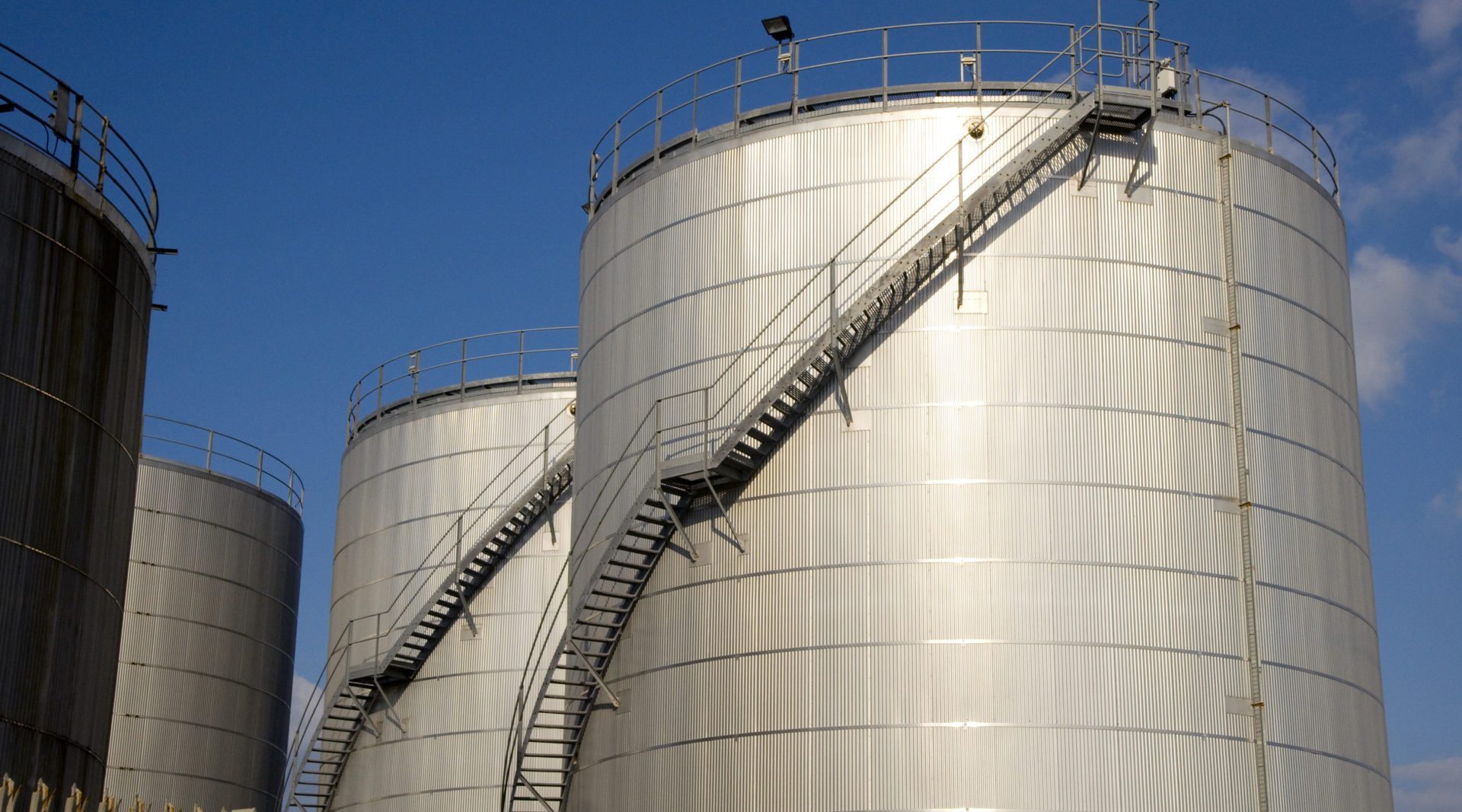

Iraqi Oil Minister Jabar al-Luaibi has revealed that he discussed an oil revenue-sharing deal with the Kurdistan Regional Government (KRG) in Davos, during the World Economic Forum.
Speaking at a conference in London he said that the talks saw good progress and “about 70 per cent” of the agreement had been decided.
“They are very easy and very transparent,” he said.
He added that some points still needed to be resolved.
In October 2017 Baghdad used military force to take the Kirkuk oil fields from the KRG, but it is unable to export oil from the region’s two largest fields as it does not have access to the Kurdish-controlled pipeline that was used by the KRG to export Kirkuk oil via Turkey.
Currently it is using trucks to transport crude from some oil fields and the Kirkuk’s biggest oil fields remain offline.
Speaking on 29 January Al-Luaibi said that Iraq had successfully increased exports from Iraq’s southern terminals to offset lower exports from the North.
He said that exports from the south currently stand at 4.6 million barrels a day (b/d) and that total exports were close to 5 million b/d.
“We are determined to meet 5 million by the end of this year,” he added.
Al-Luaibi said Iraq would comply with the OPEC-led deal on reducing output even as its capacity to export crude increased.
He said Baghdad expected to complete its planned pipeline from Kirkuk to Turkey before the end of the year and was also looking at other export routes.
“We are determined this year to find other sources of export, whether it is via Jordan, Turkey, or other neighbouring countries,“ he said.
Al-Luaibi said that known oil reserves in the country had increased to 153 billion barrels and he expected it to rise to 175 over coming years.
The oil minister said significant progress had been made on reducing gas flaring and the country was on target to reduce the flaring of associated gas to zero by 2021.
Before the end of 2018 Iraq’s Baiji refinery will be able to operate at 50 per cent capacity, according to Al-Luaibi.
He said reconstruction work on the refinery, Iraq’s biggest, was proceeding well.
The refinery was occupied and destroyed by Isis before the Iraqi army took it back in late 2015.
You might also like...

Diriyah progresses Zallal Bujairi construction
24 April 2024

Kuwait announces oil project tenders worth $2.7bn
24 April 2024

Kuwait tenders gas export pipeline project
24 April 2024

Chinese company signs Egypt steel project agreement
24 April 2024
A MEED Subscription...
Subscribe or upgrade your current MEED.com package to support your strategic planning with the MENA region’s best source of business information. Proceed to our online shop below to find out more about the features in each package.




